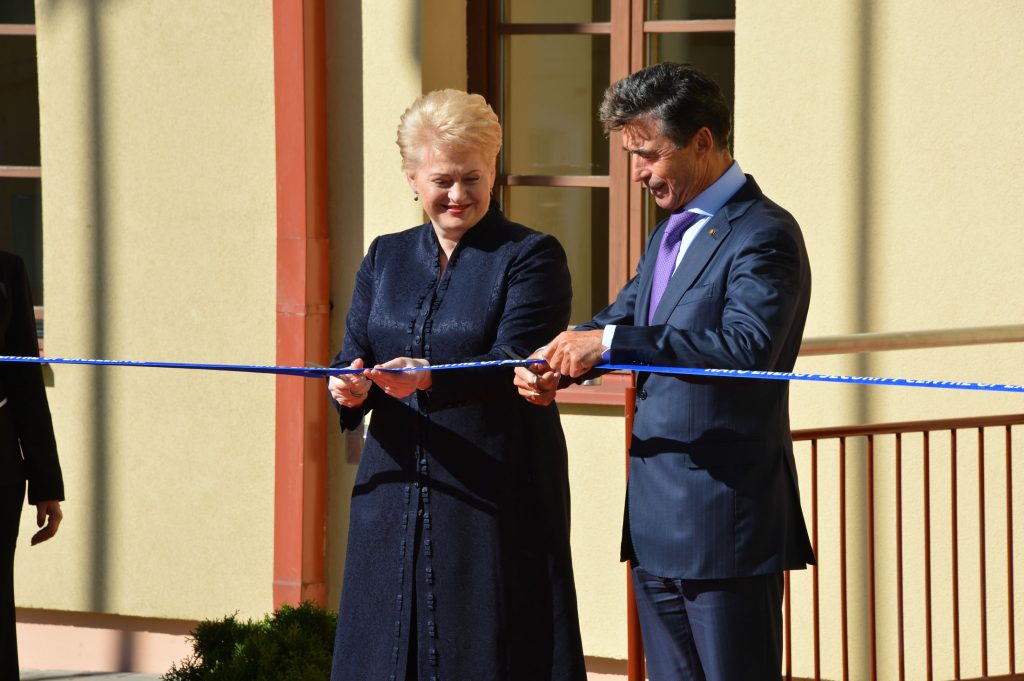It is a great honour to open this NATO Centre of Excellence on Energy Security. When we wrote our new Strategic Concept three years ago, we emphasised the importance of energy security. We underscored that Allied solidarity extends to energy. And we gave energy security its rightful place – as a “collective defence” issue.
Of course, NATO is not an energy institution. But our Alliance has a range of tools to advance the agenda of energy security. We have a political consultation process, intelligence-sharing mechanisms, civilian and military planning capacities, and a unique network of partnerships with many countries and institutions.
Over the past few years, we have managed to firmly anchor energy security on NATO’s agenda. This is significant progress. And I see at least three reasons why energy security will gain even more importance in the years to come.
First of all, because our supplies remain vulnerable. Piracy has become a multi-billion dollar business. Terrorists have attacked energy installations and transport lines. And cyber attacks against energy infrastructure are happening ever more frequently. In short, our energy supplies are at risk. And NATO can help to protect them.
Our counter-piracy mission in the Indian Ocean shows how NATO can help to keep sea lanes open. But in most cases NATO’s role will be more indirect — by providing analysis, advice, and a forum for the exchange of best practices. To play this role, we must deepen our relationship with other actors, such as the International Energy Agency and the European Union, as well as with the private sector and our partner countries.
Second, we must continue to enhance the energy efficiency of our armed forces. This is not just about saving money. It’s about saving lives, and saving the environment. The fewer fuel convoys you need, the fewer soldiers you need to protect them. And the less fuel you spend, the less you pollute the environment. So by making more efficient use of our limited resources, smart energy can make an important contribution to Smart Defence. I welcome Lithuania’s strong focus on this in NATO.
Finally, the changing global resource landscape will also raise the importance of energy security. Global energy demand will continue to grow. And we might see more disputes about territories that hold valuable energy resources.
I strongly believe that most resource issues will be settled by the power of the market, not by the power of guns. Energy security is not a call to arms. But when it comes to understanding the security implications of global resource developments, NATO must be ahead of the curve.
For all these reasons, this Centre of Excellence is the right institution, at the right time, and at the right place. It will provide us with analyses on energy developments. It will give Allies and partners new opportunities for training and education. It will help to improve the energy efficiency in our armed forces. And it will help to make our defence “greener” and smarter.
So I congratulate Lithuania on giving energy security a distinct “home”. And I wish the Centre the very best for the future.
Remarks by NATO Secretary General Anders Fogh Rasmussen at the opening of the NATO Energy Security Center of Excellence, Vilnius, Lithuania, September 6, 2013.
Image: Lithuanian President Dalia Grybauskaite and NATO Secretary General Anders Fogh Rasmussen (photo: NATO)
